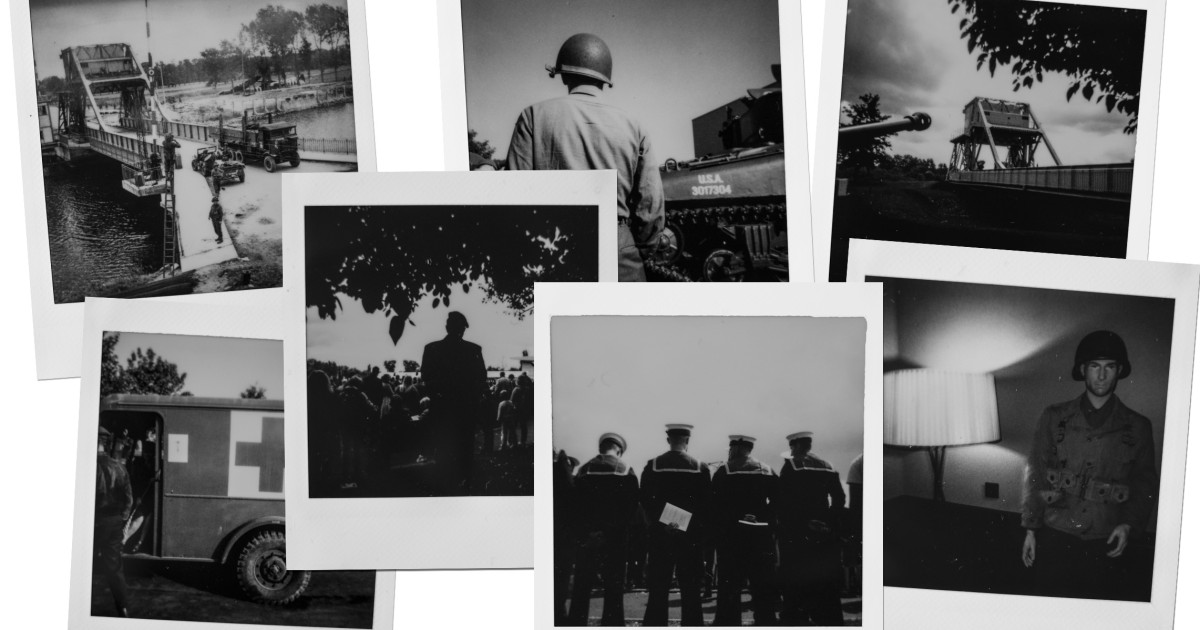
The value of their testimony is by no means purely sentimental.
Right now the veterans own their words; after they are gone, it will be up to others to retell them — perhaps more easily alongside their own political interpretation if the original authors are no longer around.
Among their most remarkable is Gideon Kantor.
Born in Vienna in 1925, he fled Europe for America as a 16-year-old Jewish refugee after Adolf Hitler took power in his homeland. Some 30 members of his family were not so lucky, killed amid the persecution and murder of Jews committed by the Third Reich.
Kantor could have deferred his draft while still at college, but felt compelled to return to Europe to oust the fascists who had slain his relatives and expelled him from his home.
“I was so eager to do exactly what I considered my duties,” Kantor, still lucid at 99, said. He described his remarkable story in a striking, matter-of-fact fashion, nursing a glass of white wine while sitting in his wheelchair in the Normandy sun.
He was initially drafted to Fort Bragg, in North Carolina, but because he spoke German and French, he was quickly identified and sent to Camp Ritchie, in Maryland. There he became one of the famed “Ritchie Boys” — along with many other Jewish refugees — whose language skills and knowledge of European culture were utilized by military intelligence for use in interrogations.

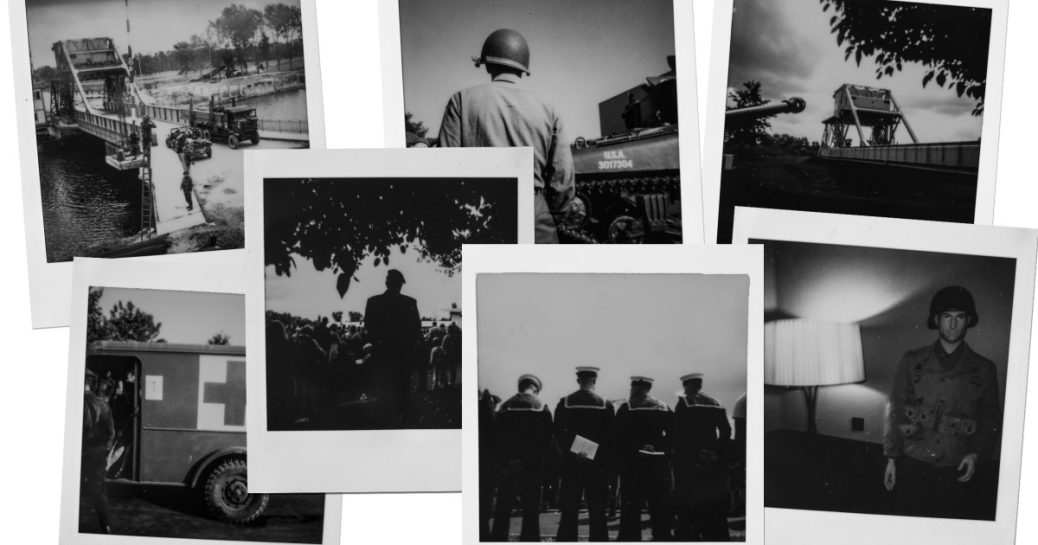
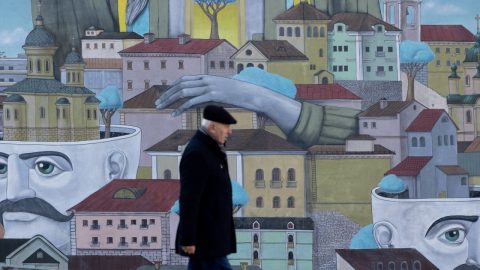
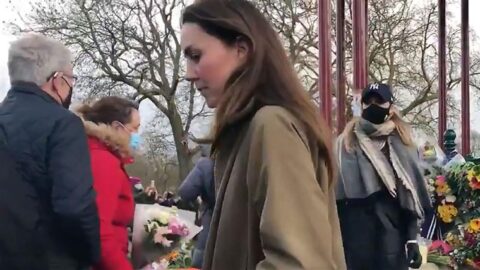
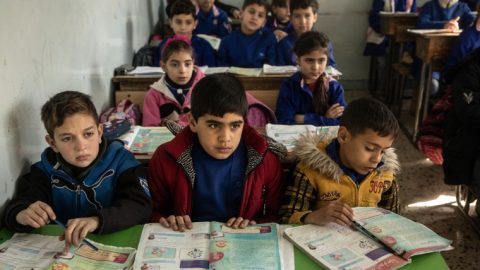


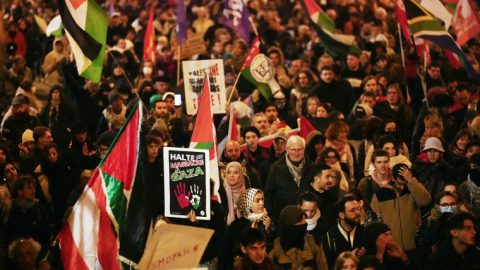


Recent Comments